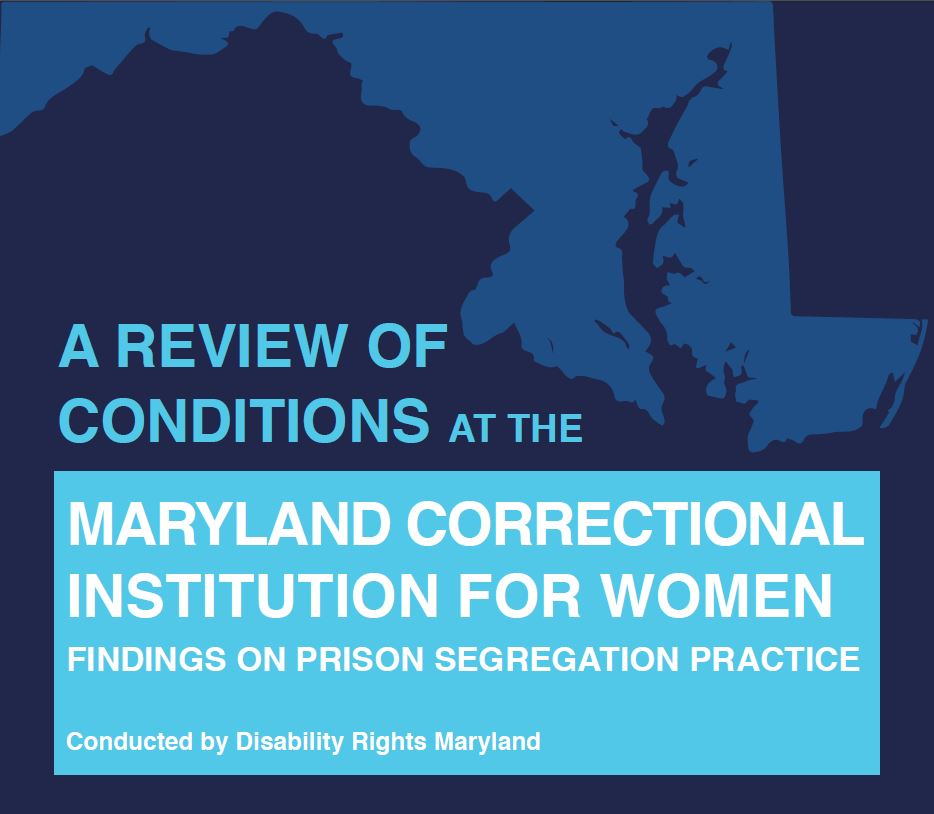Statewide closures complicate the plight of some people with mental illness
Restrictions implemented in response to the coronavirus (COVID-19) pandemic are largely intended to protect the public from the spread of the disease. Maryland’s statewide closure of schools, child care programs, and nonessential businesses, for example, was enacted to support limitations on large gatherings and social distancing to prevent exposures and transmissions, and reduce the threat to vulnerable populations. However, many don’t realize the unintended consequences these restrictions have in jeopardizing the lives of involuntarily-committed patients in Maryland’s psychiatric hospitals.
Emily Datnoff, a staff attorney in Disability Rights Maryland’s mental health unit, discusses the challenges patients face to effectuate their discharge and how those challenges can be addressed during the pandemic in a recent Baltimore Sun editorial.
“Discharge from state hospitals and residential centers becomes virtually impossible when facilities stop evaluating patients, courts no longer conduct proceedings necessary to effectuate discharge, and community providers stop accepting patients. This is the dilemma many patients at state hospitals currently face. These problems are urgent and need to be addressed to protect patients from the inevitable spread of the virus.” – Emily Datnoff, the Baltimore Sun
Disability Rights Maryland is working to have efforts made to discharge patients to maintain their health and safety. If you have any questions or concerns, don’t hesitate to reach out to us. We are available to provide information, referrals, technical assistance, and limited representation during the pandemic.
For legal assistance, our intake line is open at 410-727-6352 or MD relay. Please leave a message and we will return your call as soon as possible. Please note that return calls may be made from blocked numbers since staff is working remotely.


